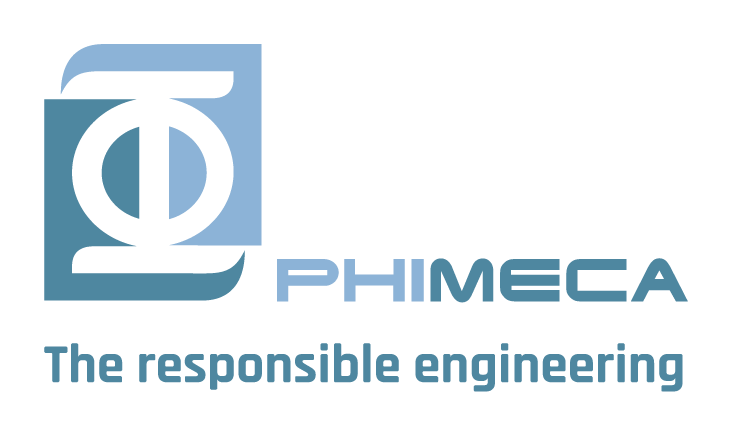The European project Uncertainty Prediction & Bias Elimination in Aviation Technology for Safety (UPBEAT) aims to develop advanced uncertainty quantification (UQ) methods to improve the safety of aerospace devices, in particular the outflow guide vanes (OGV) of a turbofan engine.
The OGV plays a key role in transforming the fan’s vortex flow into an axial flow, influencing both engine performance and the transmission of loads to the wing. The integration of innovative solutions, such as metal additive manufacturing (AM) and carbon fiber-reinforced polymers (CFRP), makes it possible to design lighter, more efficient aircraft. However, variations in materials and manufacturing processes limit the effectiveness of deterministic simulations. Thus, understanding and quantifying the uncertainties present throughout the life cycle of an aerostructure is essential to assess risks and guarantee safety. This project brings together experts from industry and research to develop robust UQ methods for assessing risk and ensuring safety throughout the aerostructure lifecycle, while meeting normative and performance requirements.
In this project, Phimeca will play a key role in two main areas:
1. Implementation of probabilistic methods for uncertainty propagation
The aim is to model the propagation of uncertainties, from manufacturing process simulations to the assessment of OGV structural reliability. Classical methods such as Monte Carlo (MC), Subset Simulations and FORM/SORM will be used as benchmarks. A benchmark of recent methods, including Active Learning Kriging (AK-M) approaches, parsimonious polynomial chaos, SVMs and neural networks (ANNs), will be carried out. The solutions selected will stand out for their computational efficiency, their ability to model rare events and their ability to deal with multi-physics/multi-trade problems.
2. Development of a scientific library for uncertainty quantification and risk management
A mathematical library will be developed to structure and perpetuate the methodologies. This will involve:
- Enhancing existing open-source libraries used in the project, such as OpenTURNS;
- The creation of a specific Python module integrating UQ methods and tools for coupling simulations to these methods;
- Pedagogical resources (user guides, documentation and training materials) will ensure the adoption of the tools and techniques developed.
